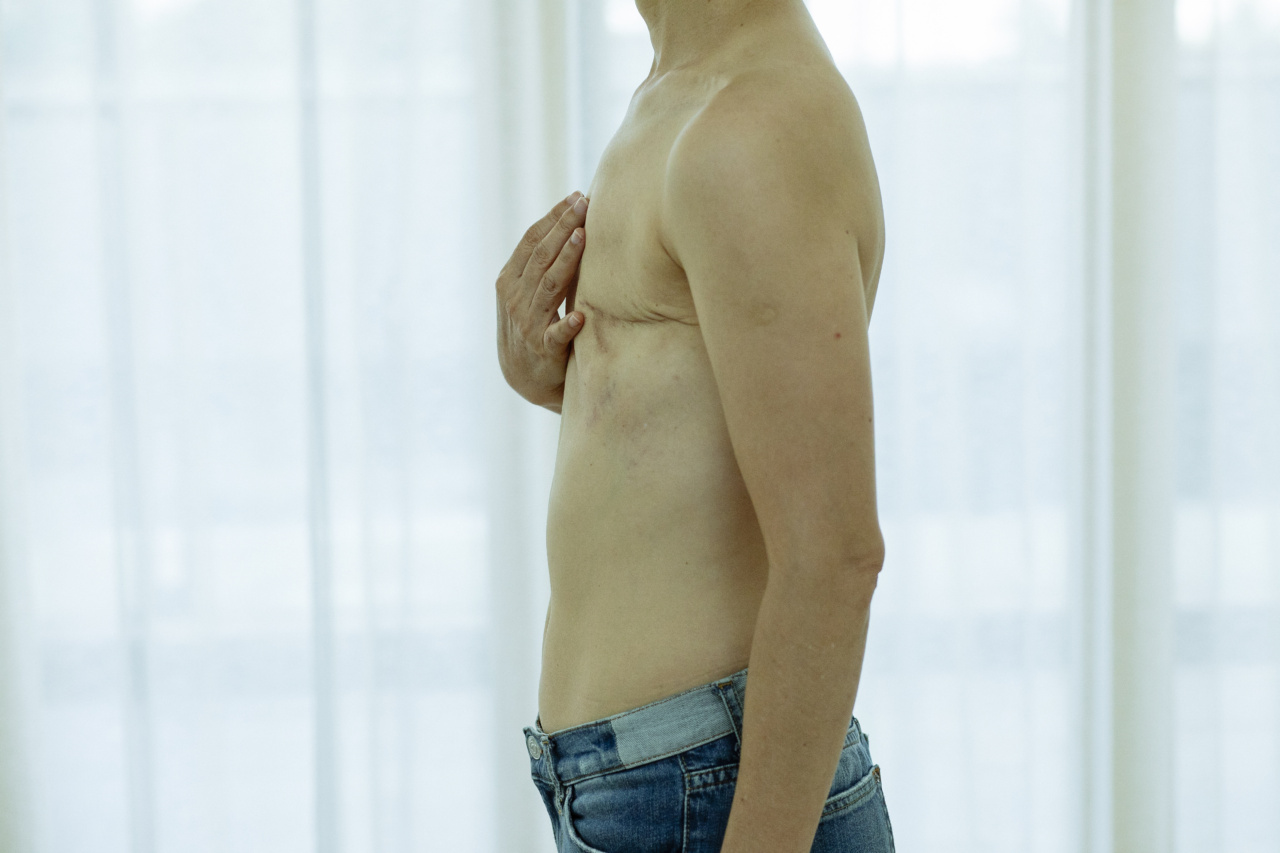Prostate cancer is the most common cancer among men in the United States.
The American Cancer Society estimates that there will be 191,930 new cases of prostate cancer in 2020, and that about 1 in 9 men will be diagnosed with prostate cancer during their lifetime. While early detection and treatment can be life-saving, prostate cancer treatments can have a range of side effects, including sexual dysfunction.
In this article, we will discuss the sexual side effects associated with prostate cancer treatment and how they can impact a man’s quality of life.
Types of prostate cancer treatments
The type of treatment a man receives for prostate cancer will depend on several factors, including his age, overall health, and the stage and aggressiveness of the cancer. The most common treatments for prostate cancer are:.
- Surgery (prostatectomy)
- Radiation therapy
- Hormone therapy (also called androgen deprivation therapy)
- Cryotherapy (freezing of the prostate tissue)
- Chemotherapy
Sexual side effects of prostate cancer treatment
Sexual dysfunction is a common side effect of prostate cancer treatment and can manifest in several ways. The most common sexual side effects of prostate cancer treatment include:.
- Erectile dysfunction: Difficulty achieving or maintaining an erection
- Loss of libido: Decreased sexual desire or interest
- Ejaculatory problems: Difficulty achieving or maintaining orgasm or ejaculation
Erectile dysfunction
One of the most common and distressing sexual side effects of prostate cancer treatment is erectile dysfunction or ED. ED can occur as a result of damage to the nerves that control erections during surgery or radiation therapy.
Hormone therapy can also cause ED by lowering testosterone levels, which can reduce sexual desire and impair erectile function.
Treatment options for erectile dysfunction
Treatment options for ED will depend on the cause and severity of the problem. Some common treatments for ED include:.
- Oral medications (such as sildenafil, tadalafil, and vardenafil) that increase blood flow to the penis and help achieve and maintain an erection
- Penile injections or suppositories that also increase blood flow to the penis
- Penile prostheses (devices implanted in the penis that allow men to achieve an erection on demand)
Loss of libido
Another common sexual side effect of prostate cancer treatment is loss of libido, or decreased sexual desire or interest. Hormone therapy can cause a decrease in testosterone levels, which can lead to a reduction in sexual desire.
Loss of libido can also be a side effect of other treatments, such as surgery or radiation therapy, and can be caused by the emotional and psychological impact of a cancer diagnosis and treatment.
Treatment options for loss of libido
Treatment options for loss of libido will depend on the cause and severity of the problem. Some common treatments for loss of libido include:.
- Hormone replacement therapy (replacing testosterone or other hormones that have been reduced by treatment)
- Psychological counseling or therapy to address stress, anxiety, or depression related to the cancer diagnosis and treatment
- Sex therapy to help couples communicate about and address sexual issues
Ejaculatory problems
Prostate cancer treatment can also cause problems with ejaculation, including difficulty achieving or maintaining orgasm or ejaculation.
Radiation therapy can cause damage to the nerves that control ejaculation, while surgery can damage the ducts that carry semen from the testicles to the prostate. Hormone therapy can also cause changes in ejaculation, including dry orgasms (orgasms without ejaculation) or retrograde ejaculation (ejaculation into the bladder instead of out the penis).
Treatment options for ejaculatory problems
Treatment options for ejaculatory problems will depend on the cause and severity of the problem. Some common treatments for ejaculatory problems include:.
- Medications that improve the function of the nerves or muscles that control ejaculation
- Modification of sexual techniques to reach orgasm or ejaculation
- Semen retrieval and storage for later use (if fertility is a concern)
Conclusion
The sexual side effects of prostate cancer treatment can have a significant impact on a man’s quality of life and sexual function.
It is important for men and their partners to discuss these issues with their healthcare provider and explore treatment options to improve sexual function and overall quality of life.



























